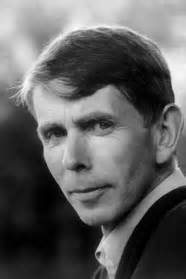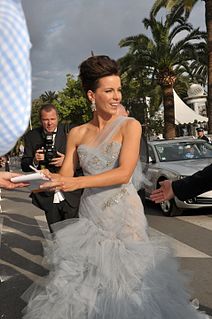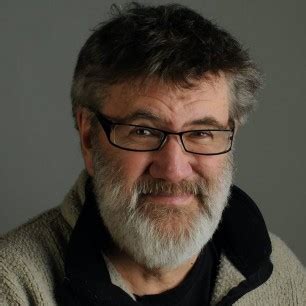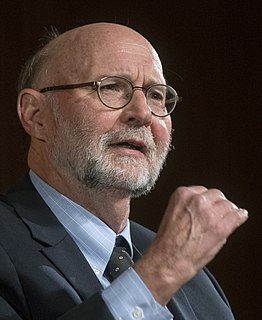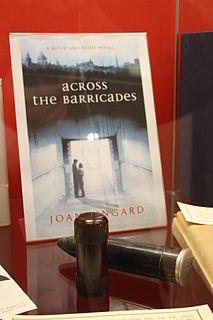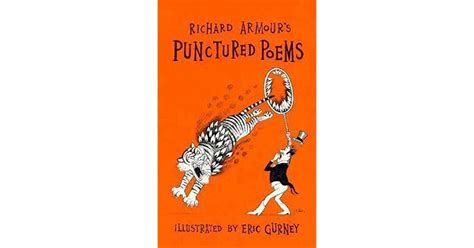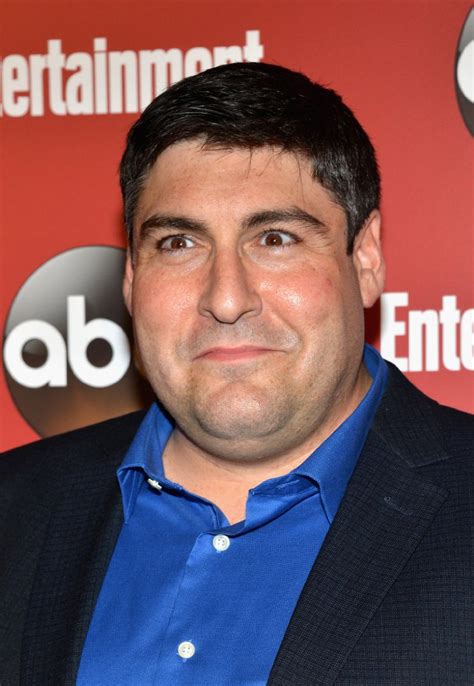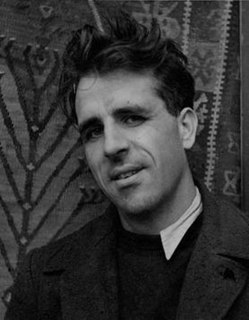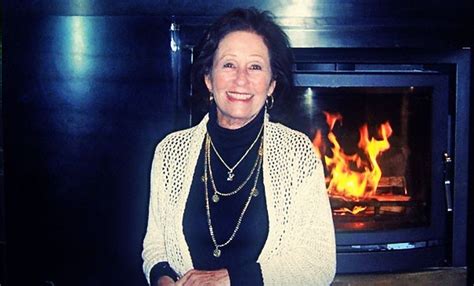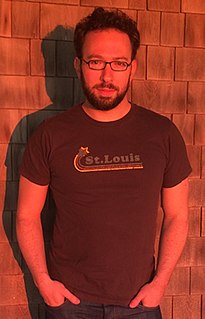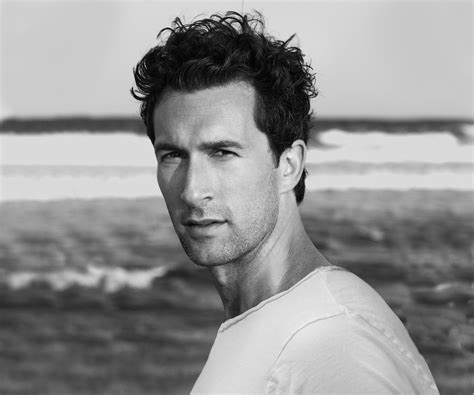Top 1200 Great Novels Quotes & Sayings - Page 4
Explore popular Great Novels quotes.
Last updated on November 24, 2024.
Total oblivion is the fate of almost everything in this world. I'm very likely to suffer that same fate; my work will probably not be remembered, and if any of it is, if any of those novels is fated to be one of those novels that is still being read 50 or 100 years after it was written, I've probably already written it.
Why do I like to write short stories? Well, I certainly didn't intend to. I was going to write a novel. And still! I still come up with ideas for novels. And I even start novels. But something happens to them. They break up. I look at what I really want to do with the material, and it never turns out to be a novel.
I'm often a little perplexed, when I read a review of a book, by the quotes that are pulled out as evidence of excellent prose. I don't think great novels are necessarily composed of great prose, or that there's a correlation between beautiful prose and the quality of a work of fiction. A really good, interesting novel will often let a little ugliness get into its words - to create a certain effect, to leave the reader with a certain sense of disorientation.
I think overtly political novels - those that never transcend or contest their author's conscious intentions and prejudices - are problematic. This is not just true of the innumerable unread books in the socialist realist tradition, but also of novels that carry the burden of conservative ideologies, like Guerrillas, Naipaul's worst book, where the author's disgust for a certain kind of black activist and white liberal is overpowering.
I do not share the pessimism of the age about the novel. They are one of our greatest spiritual, aesthetic and intellectual inventions. As a species it is story that distinguishes us, and one of the supreme expressions of story is the novel. Novels are not content. Nor are they are a mirror to life or an explanation of life or a guide to life. Novels are life, or they are nothing.
We become attached to certain characters in novels, mostly because they have some mystery attaching to them. We re-read the books, but we're still left wanting to know more. In my own case, it was 'Great Expectations' and Miss Havisham in particular. Luckily, writers have the option of making up the knowledge that reading doesn't supply.
Because I think of novels as collaborative enterprises between the writer and the reader, all of my novels so far have ending with endings that maybe point in more than one direction, and that seems important to me because it seems important to me that after you've invested twenty or thirty hours of your imaginative life into this narrative that you have some stake in how it ends.
Lately I've been thinking about the idea that all novels are, at least in some way, about the process of writing a novel - that the construction of the book and the lineage of people constructing novels are always part of the story the author is telling. I think the equivalent for memoir should be that all memoirs are, in some way, about the process of memory. Memoirs are made out of a confusing, flawed act of creation.
My only passions were books and music. As you might guess, I led a lonely life… Not that I knew what I wanted in life - I didn’t. I loved reading novels to distraction, but didn’t write well enough to be a novelist; being an editor or a critic was out, too, since my tastes ran to the extremes. Novels should be for pure personal enjoyment, I decided, not part of your work or study. That’s why I didn’t study literature
My friend Josh Glenn compiles terrific lists of genre novels from the mid-20th century. His latest is a list of the ten best adventure novels of 1966. Josh also includes the cover art of early editions of the books, which are always much better than the art on newer editions. I want to read every book in this list!
It’s the ability to bring events and characters to a resolution that draws me to writing, especially writing for children. I don’t want to ever be didactic, but if there’s something I do want to say, it’s that you can bring things around. You can make a change. Adult novels are about letting go. Children’s novels are about getting a grip.
Lonesome Dove is a great book that had the rare fortune of being made into a great movie. And now, through Bill Wittliff's photographs, we have a third generation of Lonesome Dove artistry. The same creative power and conviction that allowed Larry McMurtry to transform a workaday scenario for an unproduced screenplay into one of the greatest novels of our time, and that transformed that novel into the greatest western movie ever made, are on display in this collection. A Book of Photographs from Lonesome Dove is a masterpiece begot by a masterpiece begot by a masterpiece.
Not only do you need great lyrics, a great message, a great story, great vocals, great chords... you also need great instrumentation, great editing, great sonics, great mixing, and great mastering. It all comes together to make something truly great, and I think each element combines together to create a powerful impact on the consumer.
Honestly, not being evasive, but the great thing about Bond is that I have fifty years of movies - 23 movies and all the Ian Fleming novels and short stories, all of which are fodder. And when I'm working on the new Bond, I'm constantly going back to Fleming and the other movies - what are the bits and pieces, what are the resonances?
I have always felt a special affinity with V. S. Pritchett. He worked from the ear, primarily, as I do, and he was an all-rounder, writing short stories, novels, memoir, travelogue, critical biography. He lived to be almost 100, and he never stopped, and his work is unified by a great generosity of spirit.
In such novels as This Side of Paradise and The Great Gatsby, Fitzgerald depicts the spirit of the hour which is usually about 4 a.m. His suave young men, always commuting between Princeton and The Plaza in Stutz Bearcats never sat still for long. It was too uncomfortable, with a large flask in the hip pocket.
I still read romance, and I read suspense. I read them both. And part of it is, I like stories with strong characters, and I like stories where there's closure at the end. And I like stories where there's hope. That's a kind of empowerment. I think romance novels are very empowering, and I think suspense novels are, too.
Nabokov can be almost too delicate at times, but in 'Lolita,' he puts his aristocratic sensitivity to use in such a dark tale that it creates this great tension between the story being told and the style that it's written in. And it's just amazing that one of the best novels in English was written by a Russian.
Maybe I've just read too many novels. In novels, alcoholics are always attractive and fuuny and charming and complex, like Sebastian Flyte or ABe North in Tender in the Night, and they're drinking because of a deep, unquenchable sadness of the soul, or the terrible legacy of the First World War, whereas I just get drunk because I'm thirsty, and I like the taste of lager.
If Shakespeare's great plays are variants of stories, even novels, you can see how each character is telling his story from his perspective; each is vying with the others for dominance, but in the end, in tragedy, most of these voices will die, to be replaced by the yet more vigorous voice of a younger generation.
I read Claire Messud's 'The Emperor's Children,' I read Joseph O'Neill's 'Netherland' - but to me, they're not 9/11 novels. In 'The Emperor's Children,' 9/11 felt to me like a piece of the plot; the novel wasn't wrestling with what 9/11 meant. And 'Netherland' felt the same way. I liked both books a lot but I don't see them as 9/11 novels.
You have started the book with this bubble over your head that contains a cathedral full of fire - that contains a novel so vast and great and penetrating and bright and dark that it will put all other novels ever written to shame. And then, as you get towards the end, you begin to realise, no, it's just this book.
To see what books were available for my older students, I made many trips to the library. If a book looked interesting, I checked it out. I once went home with 30 books! It was then that I realized that kids' novels had the shape of real books, and I began to get ideas for young adult novels and juvenile books.
I use all kinds of resources for researching my novels. I'm not shy about calling up experts and asking questions, or emailing, or buying textbooks and references. The Internet is always a brilliant way to find instant facts, but it's not a great way to really understand your subjects in depth without a lot of work.
I write all of my novels and stories, as you have seen, in a great surge of delightful passion. Only recently, glancing at the novel, I realized that Montag is named after a paper manufacturing company. And Faber, of course, is a maker of pencils! What a sly thing my subconscious was, to name them thus. And not tell me!
I sold my first short story while I was home on maternity leave, then began working on novels. Since I was reading and enjoying romance novels at the time, the first two unpublished manuscripts I wrote were both romances. I sold my third novel, 'Call After Midnight,' to Harlequin Intrigue after submitting it unagented.
There is nothing little in God; His mercy is like Himself-it is infinite. You cannot measure it. His mercy is so great that it forgives great sins to great sinners, after great lengths of time, and then gives great favours and great privileges, and raises us up to great enjoyments in the great heaven of the great God.
We spend more time with our coworkers than we do with our loved ones, and yet we don't have that many novels on the subject. We have far more novels about families bickering at Thanksgiving and not enough about the day before Thanksgiving at the office. If we lived in, say, Romania, maybe a workplace job might not be as important to the cultural discussion. But we live in America, where work is crucially important and capitalism drives everything we do.
Novels are political not because writers carry party cards -- some do, I do not -- but because good fiction is about identifying with and understanding people who are not necessarily like us. By nature all good novels are political because identifying with the other is political. At the heart of the 'art of the novel' lies the human capacity to see the world through others' eyes. Compassion is the greatest strength of the novelist.








